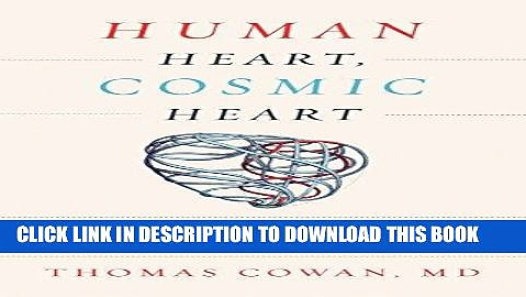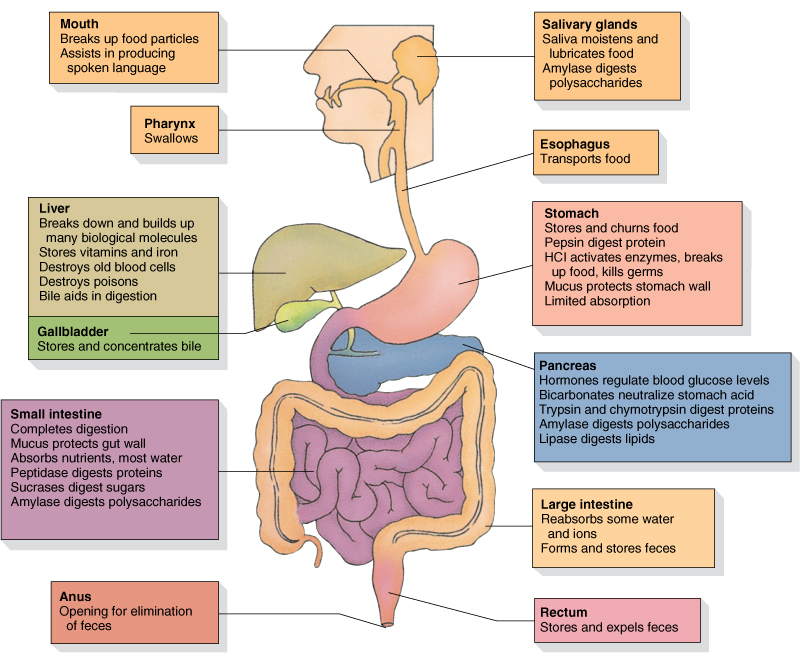
Are you the type that thinks you are in control of your destiny? Or are you the type that thinks luck and good karma energy controls your destiny? Whichever side you lean towards, life most likely reinforced your belief through positive experiences. What is pain? What is inflammation? What is cancer?
I have been having this conversation with many people, patients, and friends, in regards to illness, pain and our choices we make. This topic of choices and its impact on everyone’s desire to age well will be split into two parts. Medicine and getting good care does not have to be complicated. I believe a lack of KISS (keep it simple silly) rule is one reason why so many people are suffering because modern medicine is losing the art of care and making everything too complex.
Let me start with two analogy to reinforce a point why our modern society is getting so ill, from digestion problem to cancer. National Institute of Health (NIH) reports 60 to 70 million people affected by all digestive diseases. The media and internet are making people aware of the rising and death rates of the dreaded C-word. Just know that it is getting worse in the era of modern medicine and high technological gadgets. Analogy one is my explaination of how healthy tissue becomes diseased. Analogy two is a simple explaination of why there are so many chronic illness nowadays.
Analogy one: The healthy to disease continuum.



- Optimal Health —–> 2. Dysfunction / Symptoms? ——–> 3. Disease —–>4. Cancer?
When a muscle is at its peak health and can perform to its potential, there is no tenderness when poked at and there is no stiffness with use. You can do a yoga stretch and your body does not resist and feels like it will break. In fact, I diagnose a muscle injury when it hurts when touched, hurts to stretch and contract.
Our organs’ health reflects our internal health or vitality. How do we know if our organs are in a state of optimal health? Western medicine uses testing well to objectively measure an organ’s output and function. Visceral manipulation, a method developed by osteopaths such as Jean-Barral Pierre from France, states that every organ has a rhythm. Think your lung and heart has a natural beat. If the beat is off, then something is off with the associated organ. The rhythm, called Motility, in each organ is slower and subtle. Each organ has its own pattern and optimal beat. A skillful practitioner in the art of hands on medicine can feel this subtle rhythm.
In my practice, I rely on both methods of diagnostic testing and the art of feeling motility to make a judgment of someone’s internal health or vitality. If a tissue does not move and is held in this pattern of less motility, the tissue follows the saying “move it or lose it”. The state of having a sub-optimal function can be minor of 10% or dramatic of 90%. Everybody has its own limit of when our body says “I had enough! Let’s get mad and turn this tissue into chaos mode” by shifting towards a disease state. The spectrum of the minor can be small or big, but this continuum is where people arrive at the doctor’s office to not be taken seriously. Common symptoms include bloating, acid reflux, asthma, allergies, sinus infection, constipation, hemorrhoids, leaking, polyps, fibroids and the list can go on for pages.
The typical experience of having minor issues within motility is to be quickly prescribed medications. You might be sent to have testing done, but everything turned out normal or borderline. You are under “watch-alert” for infinite time or basically when you are seriously ill or hospitalized. You are not a medical emergency. It is not the doctor’s fault, they are overwhelmed and are triaging via a reactive state of care.
The best relatable example of this analogy is being in a cast. Your elbow is designed to bend and straightened out. If you are in a cast, then your muscles and joints will adapt and become fibrotic. Your skin will change and you might have decreased hand function and mild blue-like circulation changes. The sooner you remove this, the faster your elbow will not stay like this. The longer you are in a cast, you can assume that your hands and shoulder might get sore and irritated. Your mood will change. This elbow “thingy” is irritating the neighborhood called the upper body.
You are in control of changing and stopping this cycle. If your “minor” symptoms are not taken seriously or you keep ignoring it, thinking you are not in control or tomorrow might be your lucky day, you might be taking a gamble. Pain and minor stiffness is an early indicator that something needs to be changed. If you would like a 2nd opinion chat with Dr Ngo, holistic spine and sports medicine expert, click on the blue button. Our goal is to provide you key information so you are in control of how you age.
Analogy Two: Get the splinter OUT!
Dr Thomas Cowan MD gave the best analogy on why there are so many illnesses nowadays. Click on the book to read more about his must read book, especially if you have a heart condition (minor or major)….it could save your life.
His analogy goes like this. If you have a splinter in your hand, the solution is to take it out. That is it!
When we have a minor symptom, the solution is to patch it up with medication and ignore it until it gets bigger. The splinter is making the wound pus and gets infected. I love this analogy because the answer is that simple. If you are putting artificial sugar in your body and this is attacking your nerves, there is less of a chance that your muscle pain will heal if the sugar is still present. Nerves control muscle. If you fell down by accident 10 years ago and this shock was absorbed by your large intestine or colon, this will slow down the motility.
 The shock from the fall to the right hip will lead to decrease function to the large intestine. This is where the appendix lives. If the example is a fall on the left hip, our sigmoid colon lives there. The hip becomes mildly tight but you shrug this off. You go to a yoga class 2-3 years later with the intention of getting fit. When we do a yoga twisting pose like Warrior Pose, you notice you are not as flexible as the other hip. You push through the stiffness for months but it just feels different. Your appendix burst (Right hip fall) or you get diagnosed with diverticulitis (Left hip fall). The surgeon removes the appendix for obvious reason and now you have scar tissue on top of decreased motility. The mitochondrial and cellular tissues within this region cannot get out of its own way and turns cancerous. The next article will address this mitochondrial metabolic theory of cancer, which is debunking the genetic theory of cancer.
The shock from the fall to the right hip will lead to decrease function to the large intestine. This is where the appendix lives. If the example is a fall on the left hip, our sigmoid colon lives there. The hip becomes mildly tight but you shrug this off. You go to a yoga class 2-3 years later with the intention of getting fit. When we do a yoga twisting pose like Warrior Pose, you notice you are not as flexible as the other hip. You push through the stiffness for months but it just feels different. Your appendix burst (Right hip fall) or you get diagnosed with diverticulitis (Left hip fall). The surgeon removes the appendix for obvious reason and now you have scar tissue on top of decreased motility. The mitochondrial and cellular tissues within this region cannot get out of its own way and turns cancerous. The next article will address this mitochondrial metabolic theory of cancer, which is debunking the genetic theory of cancer.
This laid out scenario can never be proven by research as there are too many variables. I have questioned this and the longer I have worked as “the guy” treating people with complex chronic pain and illness, I believe in this more and more. It is not too common for me to piece a chronic right low back, hip, and/or sciatica to a splinter located there. When I remove the splinter by restoring the motility of the organ, thus the tissues of the associated organ becomes more vital. I follow this with direct treatment and exercise to strengthen the muscles and joints that were indirectly impacted as a side effect from the splinter.
Now…if this resonates with you and you have something minor or major and need a second opinion. You are in control of the next step and everything happens not by coincidence. Ignorance is bliss, but now you have the knowledge to make the next best step for a better health. We have been praised for helping complex chronic pain or health cases because we take the time to listen.
One LOVE,
Dr Danh Ngo
Holistic Physical Therapist
Board Certified Orthopedic and Sports Specialist

